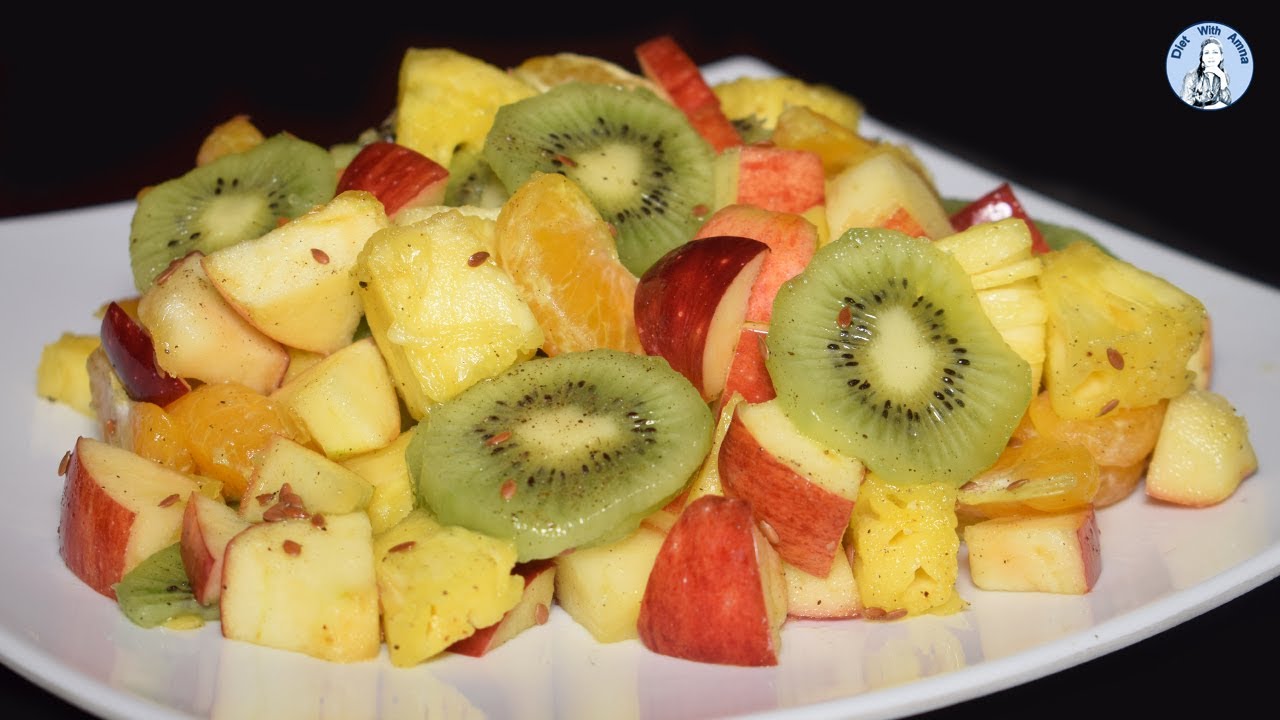
Too much of a great thing can turn out to be a bad thing , and this is obviously, the case with fruits. Why? It’s because if you’re eating a lot of fruit every day, you’ll be consuming excessive calories and sugar that are not ideal to your weight. Consuming too much fruit can be harmful to your health since you’ll be losing various other food items like dairy and eggs, which supply additional essential nutrients that are required to maintain good health.
For adults It is recommended that you consume two servings of fruit a every day. For infants, eating one daily serving of fruits are recommended and for teenagers, three servings are advised. If you’re pregnant, you should aim at four servings, and if breastfeeding, five servings of fruit is suggested.
What is the amount of fruit equivalent to a serving?
What is an serving? This is a good way to compare to one serving
- A medium-sized piece of fruit (for instance, an orange, apple, banana,)
- Two pieces of smaller fruits (for example, apricots the kiwi fruit, plums)
- 1 cup canned fruits four fragments of dried fruits half a cup fruit juice one quarter large melon (eg. rockmelon, honeydew)
- 20 grapes or 8 strawberries
How can I ensure I’m eating enough fruits?
What are the best ways to get your portion of fruits and vegetables in? Eat a snack on an apple or a piece of fruit throughout your day. Sprinkle dried fruit on your breakfast cereal, mix the berries with low-fat milk to make smoothies or add some fruit in a salad for the end of your meal. Delicious!
Do you notice that your fruit disappears fast? Always make sure you have a backup plan to ensure you don’t go without your daily fruits. Tinned fruit is great to put in the pantry or , if opened, keep it refrigerated. Just ensure you buy canned fruit that is made of natural juices, not syrup, which means you can get one teaspoon or more of sugar.
Fruits can help me increase my fiber intake?
Based upon your age a good standard for consuming fibre for adults is 30g per daily. Fiber is essential for maintaining the health of your bowels and keeps your regular. Fruit is a fantastic source of fibre to help you reach the recommended intake of fibre. Try to keep the skin of your fruit wherever you can, so that you receive more fiber.
Sprinkle prunes on your breakfast cereal If you are suffering from constipation. There is very little fiber in juices from fruit, which is why it’s better to eat the fruit instead of the juice. A glasses of juice from oranges is comparable to having two oranges, which means you’ll get more kilojoules as well as sugar but do not get the filling effect that comes from the fibre.
What are the most nutritious fruits for me?
Try to choose fruits that are filling. For the full-filling effects of fruit, consume moderate Glycaemic Index (GI) fruits, since a low GI assists in maintaining energy levels and keep blood sugar levels steady. Certain fruits have high GI like watermelon , lychees and even a few others. Fruits with moderate GI include pawpaws, pineapple as well as other exotic fruits.
Try to choose low-GI fruits like bananas, apples, pears and oranges to snack on. If you have more high GI fruits, mix these with low GI food items. For instance, you could add them to a salad that is made up of lower GI fruits or add them to dairy products that are low GI like milk or yoghurt.
Are dried fruits beneficial for me?
The majority of dried fruits are moderate or low GI however they are high on sugar, therefore take care and limit your consumption of them, especially when you’re trying to control your weight. Dry fruits still contain fiber as it is simply the fruit itself that has been dried.
However, since it’s dried (and it appears smaller in size) it’s easy to overeat and go overboard on our portions, so be aware of how much dried fruit you’re eating and limit it to a tiny amount. Like all food items from the five food groups, variety is important factor. Pick different fruits throughout the day to obtain an array of antioxidants as well as vitamins and minerals.










